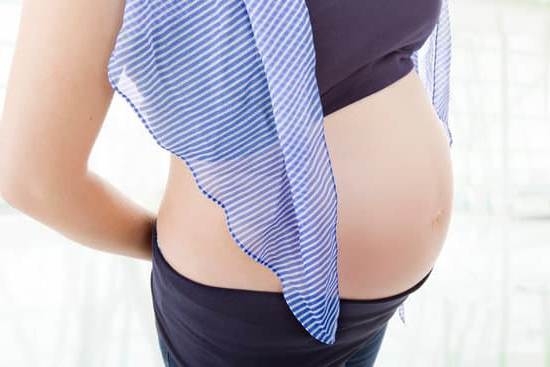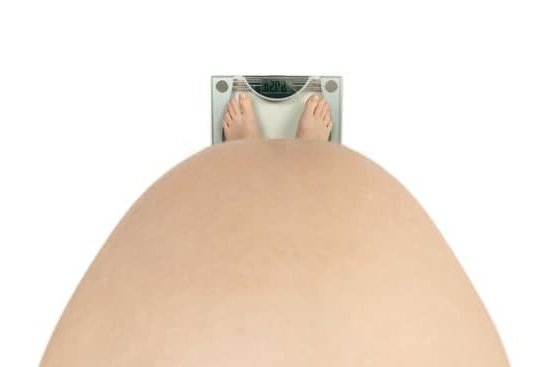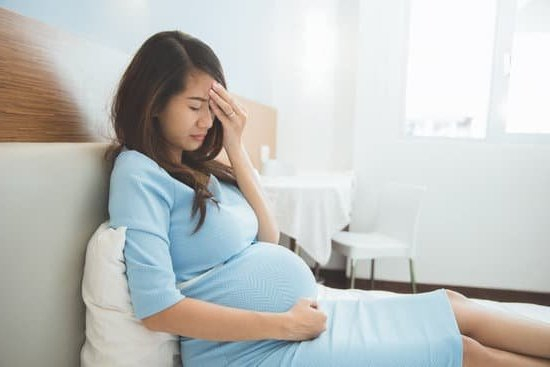Q&A About Knee Pain During Pregnancy
Are you experiencing knee pain during pregnancy? You’re not alone! Many expectant mothers suffer from temporary knee and joint pain resulting from the physical changes associated with pregnancy. Here’s some helpful questions and tips addressing the most common causes and treatments of knee pain during pregnancy.
What Causes Knee Pain During Pregnancy?
There are several factors that can cause knee pain during pregnancy, though the most common cause is due to a sudden increase in physical activity. As your baby grows, the extra weight puts demands on the body – including the knees and other joints – resulting in pain and soreness. Additionally, the release of the hormone Relaxin during pregnancy results in a loosening of your ligaments and joints, often leading to pain and instability.
How Can Knee Pain During Pregnancy be Treated?
- Stretch regularly. Making stretching part of your daily routine will help keep your muscles and ligaments healthy. This can reduce stress on your knees and help alleviate the pain.
- Wear supportive shoes. The added weight of a growing baby can put strain on the feet and legs. Wearing comfortable and supportive shoes that provide arch support and cushion your feet, can help decrease the pain you’re feeling.
- Take a break. Taking regular breaks from standing, walking, or any other vigorous activity can help reduce the pressure on your knee joints and help you recover from knee pain due to pregnancy.
- Try cold therapy. If you’re experiencing pain or swelling around the knee, apply a cold compress or cold pack to the area for relief. This can help reduce inflammation and numb the pain.
- Speak to your doctor. Always consult your doctor before taking any medication as some drugs may have potential harm to your unborn child. A qualified healthcare professional can work with you to find an appropriate and safe treatment plan.
Conclusion
Knee pain during pregnancy is common and manageable. Taking time to rest and regularly stretching, can help reduce the pain and discomfort associated with extra weight and hormone changes. If knee pain persists, be sure to contact your healthcare provider for further advice.

Welcome to my fertility blog. This is a space where I will be sharing my experiences as I navigate through the world of fertility treatments, as well as provide information and resources about fertility and pregnancy.





